Light Of The Mind
$18.68
St. Augustine is not only the bridge that links ancient philosophy and early Christian theology with the thought of the Middle Ages, but one who, in his philosophy and especially in his epistemology, anticipated some of the most important ideas of Descartes and Malbranche, Berkeley and Kant. In this study of the central aspect of St. Augustine’s thought, the author analyzes the various facets of his theory of knowledge and offers a new interpretation of his idea of divine illumination.
St. Augustine’s views on skepticism and truth, on faith and reason, and on sense perception and cogitation are first examined in order to show their relation to this theory of divine illumination as the ultimate source of truth for man. The proper understanding of the theory of illumination, of how man apprehends the divine ideas, is the most difficult problem in St. Augustine’s epistemology, for he did not formulate any systematic theory of knowledge. Any account of the Augustinian epistemology, Mr. Nash believes, must resolve three paradoxes: how the intellect is both passive and active; how the forms are distinct from – and not distinct from – the human mind; and how man’s mind is and is not the light that makes knowledge possible.
In explaining the nature of divine illumination, Nash discusses four interpretations that have been advanced; the Thomist (which he rejects as not faithful to St. Augustine’s general philosophy), the Franciscan, the Formalist, and the Ontologist. He argues here for a modified Ontologist view. In his synthesis of Christian theology and Neoplatonic philosophy, St. Augustine held that all creation partakes of truth in varying degrees, that man as the highest part of creation, created in God’s image and thus sharing to some degree the divine nature, is able to know truth through the divine light and the light of his own mind. In attempting to find an answer to the perennial problem of knowledge, St. Augustine, Nash suggests, was struggling to find a theory that would combine the benefits of conceptualism and realism, and his answer was more modern than many have given him credit for.
in stock within 3-5 days of online purchase
SKU (ISBN): 9780788099175
ISBN10: 0788099175
Ronald Nash
Binding: Trade Paper
Published: January 2003
Publisher: CSS Publishing
Print On Demand Product
Related products
-
Jesus Study Guide (Student/Study Guide)
$12.99In this six-session video Bible study (DVD/digital downloads sold separately), bestselling author Max Lucado explores the life and character of Jesus, helping participants become more familiar with the man at the center of the greatest story ever told. As Max explains in this study, for thirty-three years Jesus felt everything that we have ever felt: weakness, weariness, rejections. He got colds. His feelings got hurt. His feet grew tired. His head ached.
To think of Jesus in such terms almost seems irreverent. It is much easier to keep the humanity out of the incarnation. Clean up the manure from around the manger. Wipe the sweat out of his eyes. Pretend he never snored or hit his thumb with a hammer. There is something about keeping Jesus divine that keeps him distant, packaged, and predictable.
But we have to remember that by Jesus becoming human, God made it possible for us to see him and hear his voice. If we want to know what matters to God, all we need to do is look in the Bible to see what matters to Jesus. If we want to know what God is doing in our world, we need only ponder the words of Jesus. By learning more about the person Jesus was and is, we come to understand more clearly the people we were created to be.
Jesus will inspire group members to spend time at the foot of the cross and search the heart of the one who would rather die for them than live without them.
Designed for use with the Jesus Video Study (sold separately).
Add to cartin stock within 3-5 days of online purchase
-
Confronting Injustice Without Compromising Truth
$22.99God does not suggest, he commands that we do justice.
Social justice is not optional for the Christian. All injustice affects others, so talking about justice that isn’t social is like talking about water that isn’t wet or a square with no right angles. But the Bible’s call to seek justice is not a call to superficial, kneejerk activism. We are not merely commanded to execute justice, but to “truly execute justice.” The God who commands us to seek justice is the same God who commands us to “test everything” and “hold fast to what is good.”
Drawing from a diverse range of theologians, sociologists, artists, and activists, Confronting Injustice without Compromising Truth, by Thaddeus Williams, makes the case that we must be discerning if we are to “truly execute justice” as Scripture commands. Not everything called “social justice” today is compatible with a biblical vision of a better world. The Bible offers hopeful and distinctive answers to deep questions of worship, community, salvation, and knowledge that ought to mark a uniquely Christian pursuit of justice. Topics addressed include:
Racism
Sexuality
Socialism
Culture War
Abortion
Tribalism
Critical Theory
Identity PoliticsConfronting Injustice without Compromising Truth also brings in unique voices to talk about their experiences with these various social justice issues, including:
Michelle-Lee Barnwall
Suresh Budhaprithi
Eddie Byun
Freddie Cardoza
Becket Cook
Bella Danusiar
Monique Duson
Ojo Okeye
Edwin Ramirez
Samuel Sey
Neil Shenvi
Walt SobchakIn Confronting Injustice without Compromising Truth, Thaddeus Williams transcends our religious and political tribalism and challenges readers to discover what the Bible and the example of Jesus have to teach us about justice. He presents a compelling vision of justice for all God’s image-bearers that offers hopeful answers to life’s biggest questions.
Add to cartin stock within 3-5 days of online purchase

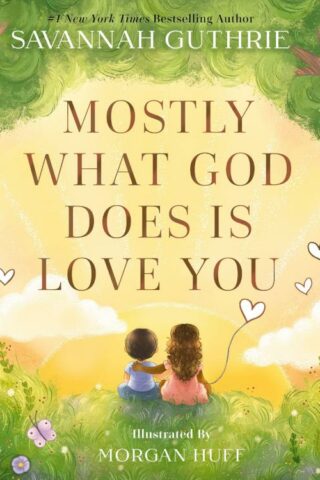 Mostly What God Does Is Love You
Mostly What God Does Is Love You
 Dwell On These Things Bible Study Book With Video Access (Student/Study Guide)
Dwell On These Things Bible Study Book With Video Access (Student/Study Guide)
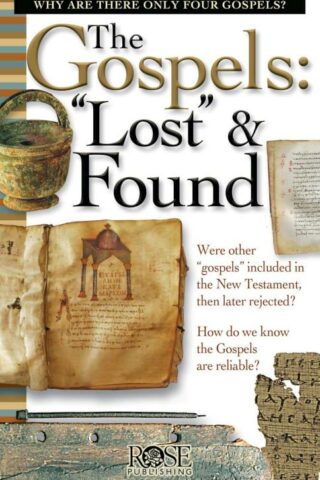 Gospels Lost And Found Pamphlet
Gospels Lost And Found Pamphlet
 Then And Now Bible Maps Pamphlet
Then And Now Bible Maps Pamphlet
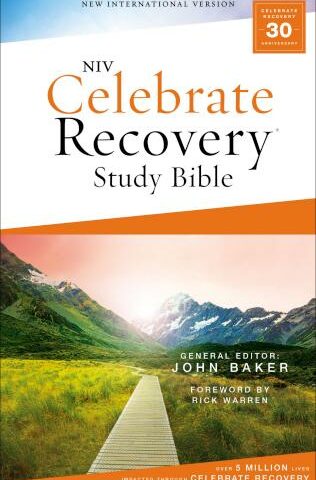 Celebrate Recovery Study Bible Comfort Print
Celebrate Recovery Study Bible Comfort Print
 Dysfunctional Families : Making Peace With Your Past
Dysfunctional Families : Making Peace With Your Past
 Bible For Teen Guys
Bible For Teen Guys
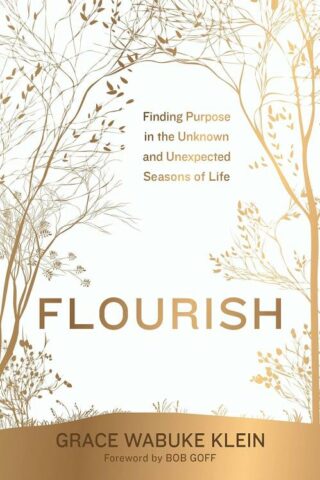 Flourish : Finding Purpose In The Unknown And Unexpected Seasons Of Life
Flourish : Finding Purpose In The Unknown And Unexpected Seasons Of Life



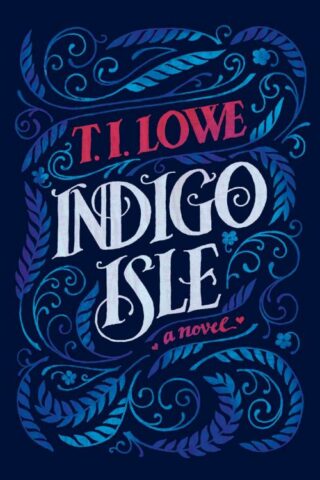
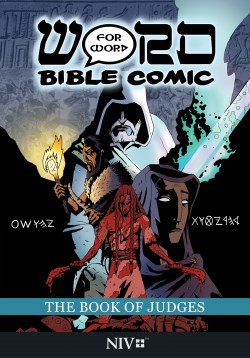
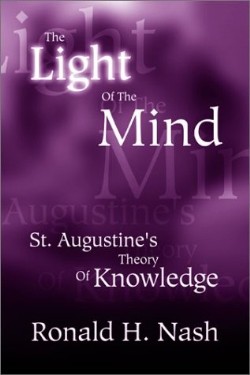
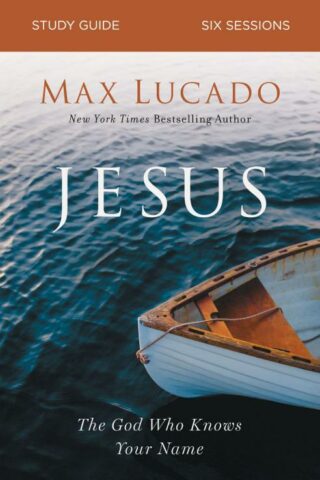


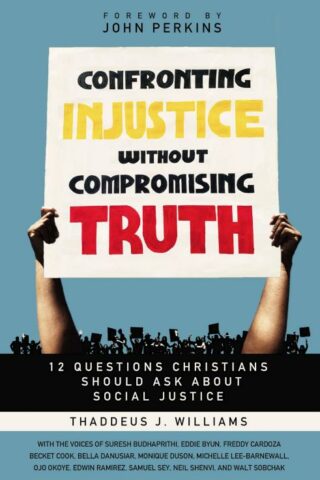


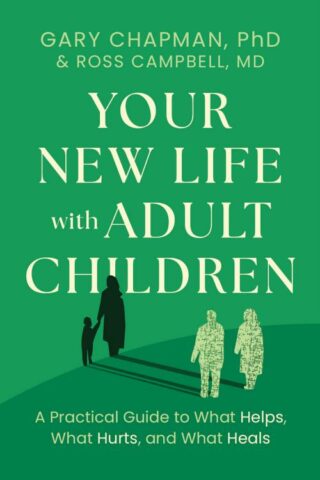
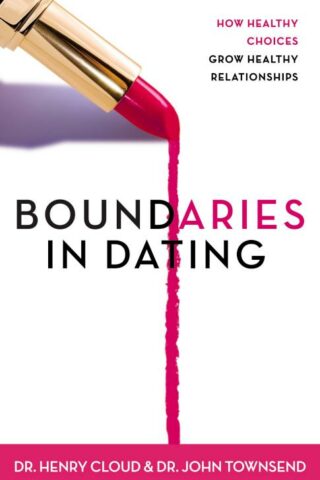
Reviews
There are no reviews yet.